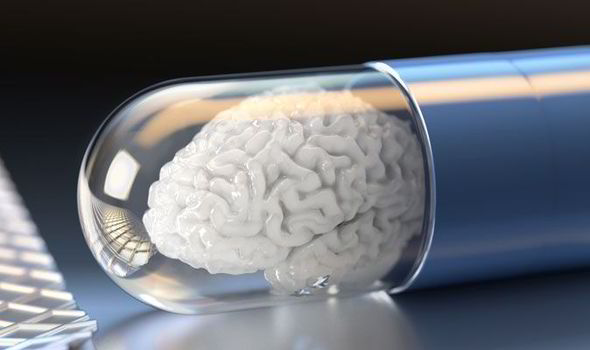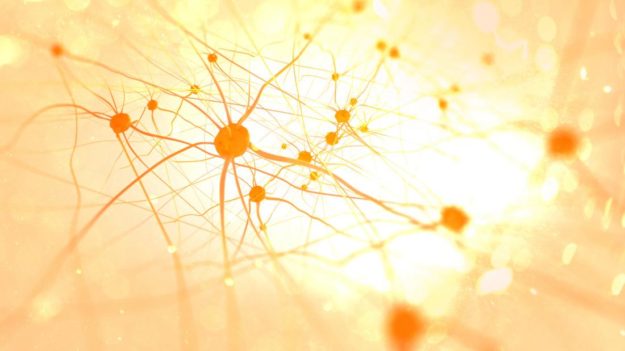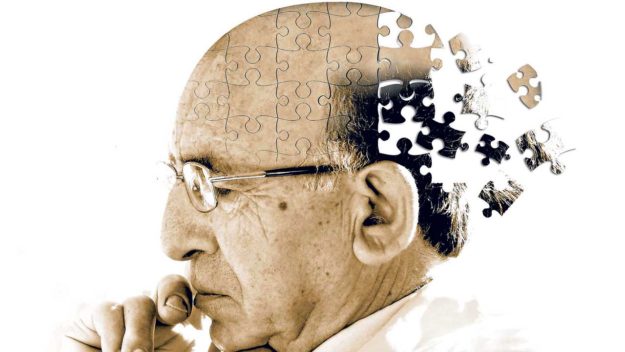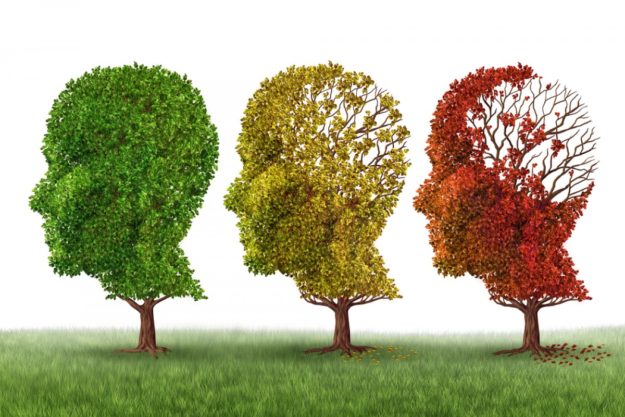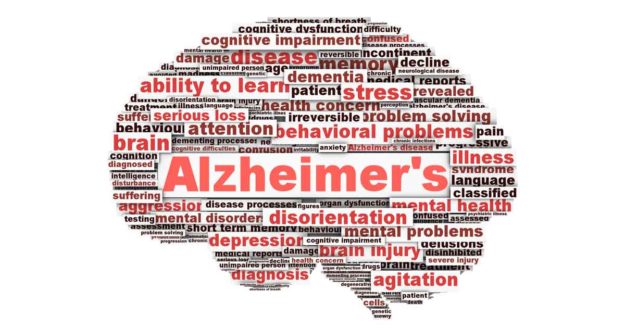What Is Alzheimer’s Disease?
View full lesson @ Ted.com
Alzheimer’s Is The Most Common Form Of Dementia
Alzheimer’s is a type of dementia that causes problems with memory, thinking and behavior. Symptoms usually develop slowly, over the course of years, and get worse over time. The disease can become so severe, that the person may not be able to take care of themselves or communicate whatsoever. Alzheimer’s disease is prominent in 60 to 80 percent of dementia cases. While Alzheimer’s does affect a large number of elderly Americans, it is not a normal part of aging. Old age does not cause memory loss; it is due to the deterioration of the brain and the death of brain cells. While the majority of people diagnosed with Alzheimer’s disease are age 65 and older, younger people can be affected by the disease as well. Approximately 200,000 Americans under the age of 65 are diagnosed with younger-onset or early-onset Alzheimer’s disease. The reason for this remains unclear.
Alzheimer’s is a progressive disease, and it can sometimes go undiagnosed until the final stage of the disease depending on the severity of the person’s symptoms. In the first or early stage of Alzheimer’s, memory loss is quite mild and can sometimes go unnoticed. However, in the final stage of Alzheimer’s a person can completely lose the ability to carry on a conversation or even convey simple needs. People with Alzheimer’s live an average of eight years after being diagnosed or after symptoms become noticeably severe to others. It is possible for a person with Alzheimer’s disease to live up to twenty years after symptoms begin depending on their age and other health issues and factors.
The cure for Alzheimer’s is currently non-existent. However, the disease has become a priority in America as of 2011 and a lot more money, and effort has been put into research on the disease.
Alzheimer’s Effect on the Human Brain
Every brain cell has a different and specific job when it comes to operating the functions of your body and daily life. In fact, there are over 100 billion nerve cells in a brain. Some cells control a person’s ability to think, some specialize in learning and remembering, while others are responsible for our sense of smell and our ability to hear. Nerve cells in the brain also process and store information as well as communicate with other cells to work together. Keeping the brain function running requires coordination and teamwork of the cells as well as plenty of fuel and oxygen. Alzheimer’s disease kills off individual brain cells making it impossible for one cell to communicate to the other. Thus, making things like thinking, remembering and other needed functions more and more difficult. These changes in the brain are irreversible and permanent. Scientists are unsure where the death of brain cells begins and why. However, there are some theories that have to do with something called plaques and tangles in the brain. Plaques and tangles are abnormal structures that form in the brain, and they are the prime suspects in the damage and death of nerve cells.
- Plaques: Deposits of a protein fragment called beta-amyloid that build up in the spaces between nerve cells.
- Tangles: Twisted fibers of another protein called tau that build up inside nerve cells
Autopsy studies show that while most people develop plaques and tangles as they age, people with Alzheimer’s develop a much larger amount of them and in a more predictable pattern. Plaques and tangles in Alzheimer’s begin forming in the areas associated with memory before spreading to other nerve cells, whereas elderly people without Alzheimer’s develop plaques and tangles in random areas of the brain. The death of the nerve cells is what causes a person to have memory failure, personality changes, and many other symptoms of Alzheimer’s disease.
The Difference Between Alzheimer’s and Typical Age-Related Changes
Knowing the difference between Alzheimer’s symptoms and old-age related symptoms is very important when diagnosing Alzheimer’s disease. Not every elderly person experiences memory loss or the ability to conduct everyday tasks. These are the signs of Alzheimer’s disease versus typical age-related changes:
Signs of Alzheimer’s / Dementia
- Poor judgment and decision-making
- Inability to manage a budget
- Losing track of the date or the season
- Difficulty having a conversation
- Misplacing things and being unable to retrace steps to find them
Typical Age-Related Changes
- Making a bad decision once in a while
- Missing a monthly payment
- Forgetting which day it is and remembering it later
- Sometimes forgetting which word to use
- Losing things from time to time
Alzheimer’s Test & Diagnosis
Although symptoms can be severe and noticeable, Alzheimer’s disease is not easy to diagnose. This is because there isn’t just one test that gives doctors a clear answer, there are many tests conducted on a patient before diagnosing them with Alzheimer’s disease. Doctors like to rule out any other possible problem before moving forward on Alzheimer’s testing. The testing may include:
- Taking a history about daily activities and symptoms
- Performing a physical examination to find any signs of stroke, heart condition, or kidney disease, etc.
- Testing neurological function by testing balance, senses, and reflexes
- Blood and urine test
- Brain scan
Sometimes symptoms related to Alzheimer’s can also indicate a different type of illness that share the same symptoms. These include Huntington’s disease or depression for example. The above tests can help to rule out these other health problems before starting to narrow it down to dementia. For a diagnosis of dementia or Alzheimer’s disease can be made, there must be memory loss and impairment in one other area of cognition. The symptoms must also be getting worse over time and severe enough to affect daily life and activities.
When testing a patient for the possibility of Alzheimer’s disease, doctors are extremely thorough due to the severity of the illness. A false diagnosis can be devastating to a person and their family members and loved ones. If you or a loved one is or has experienced any symptoms related to Alzheimer’s disease it is important to get tested immediately.
Most from this category
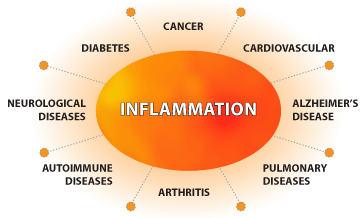
Another Study Reveals Inflammation Accelerates Progression of Alzheimer’s Disease
alzheimershelp - December 21, 2017
Protecting Neurons Could Prevent Depression and Cognitive Deterioration Caused by Alzheimer’s
alzheimershelp - November 8, 2017









